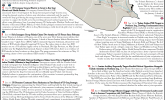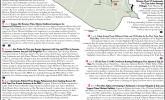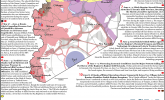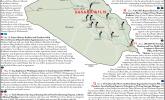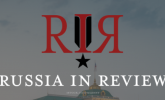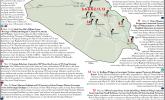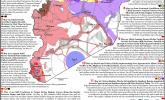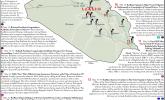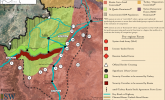Syria Situation Report: June 10 - 23
June 25, 2020 - ISW Press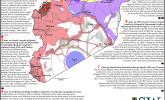
Internal fighting between al Qaeda-affiliated groups in Greater Idlib Province may escalate as the newly formed “Stand Firm Operations Room” challenges fellow al-Qaeda affiliate Hayat Tahrir al-Sham (HTS) for control in Idlib. The “Stand Firm Operations Room” was created by five al-Qaeda-affiliated groups, some of which are led by HTS defectors. HTS and the “Stand Firm Operations Room” clashed after the latter established several checkpoints in HTS-dominated northern Idlib Province. Al Qaeda-affiliated groups may continue to fight for control of Idlib and may risk their previous unity in the fight against the Assad regime.


